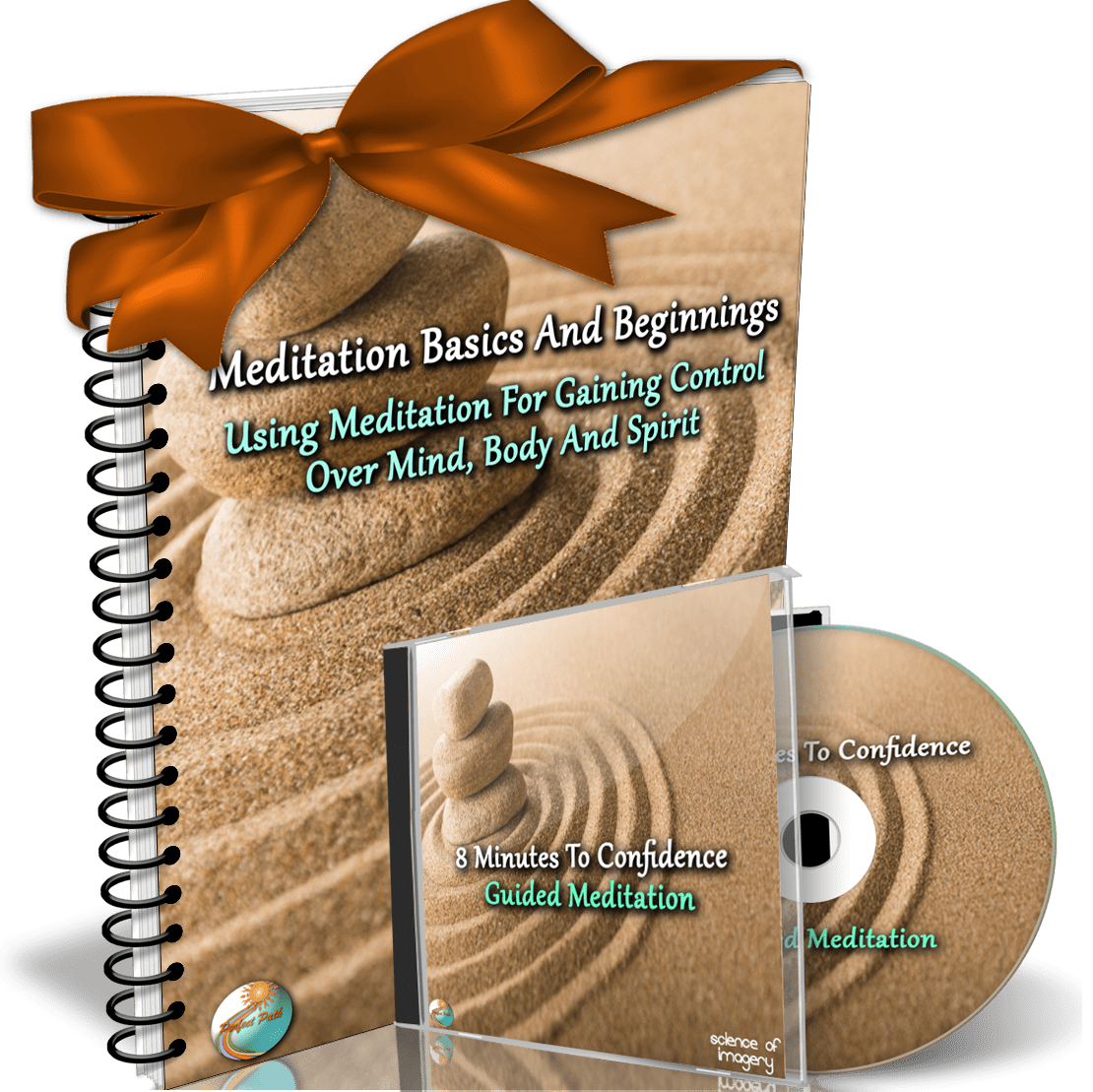Wouldn’t it be nice if we lived in a world that was completely calm and the monster we know as stress did not exist? While this may be a wonderful dream, that day will probably never exist. However, we can learn to cope with stress and control it instead of it controlling us.
Anyone who has ever experienced high amounts of stress for long periods of time is well aware of the damages it can have on a person’s life. For this reason, it is highly important that we are all aware of ways in which we can deal with stress in effective and safe ways.
Check out this helpful article about coping with stress from Help Guide.
You may feel there’s nothing you can do about stress. The bills won’t stop coming, there will never be more hours in the day, and your work and family responsibilities will always be demanding. But you have more control over stress than you might think.
Stress management is all about taking charge: of your lifestyle, thoughts, emotions, and the way you deal with problems. No matter how stressful your life seems, there are steps you can take to relieve the pressure and regain control.
What is stress management?
We all respond to stress differently so, there’s no “one size fits all” solution to managing stress. But if you feel like the stress in your life is out of control, it’s time to take action. Stress management can teach you healthier ways to cope with stress, help you reduce its harmful effects, and prevent stress from spiraling out of control again in the future.
No matter how powerless you may feel in the face of stress, you still have control over your lifestyle, thoughts, emotions, and the way you deal with problems. Stress management involves changing the stressful situation when you can, changing your reaction when you can’t, taking care of yourself, and making time for rest and relaxation. The first step is to recognize the true sources of stress in your life.
Start a stress journal
A stress journal can help you identify the regular stressors in your life and the way you deal with them. Each time you feel stressed, keep track of it in your journal. As you keep a daily log, you will begin to see patterns and common themes. Write down:
• What caused your stress (make a guess if you’re unsure)
• How you felt, both physically and emotionally
• How you acted in response
• What you did to make yourself feel better
It’s easy to identify sources of stress following a major life event such as changing jobs, moving home, or losing a loved one, but pinpointing the sources of everyday stress can be more complicated. It’s all too easy to overlook your own thoughts, feelings, and behaviors that contribute to your stress levels. Sure, you may know that you’re constantly worried about work deadlines, but maybe it’s your procrastination, rather than the actual job demands, that is causing the stress.
To identify your true sources of stress, look closely at your habits, attitude, and excuses:
•Do you explain away stress as temporary (“I just have a million things going on right now”) even though you can’t remember the last time you took a breather?
•Do you define stress as an integral part of your work or home life (“Things are always crazy around here”) or as a part of your personality (“I have a lot of nervous energy, that’s all”)?
•Do you blame your stress on other people or outside events, or view it as entirely normal and unexceptional?
Until you accept responsibility for the role you play in creating or maintaining it, your stress level will remain outside your control.
How do you currently cope with stress?
Think about the ways you currently manage and cope with stress in your life. Your stress journal can help you identify them. Are your coping strategies healthy or unhealthy, helpful or unproductive? Unfortunately, many people cope with stress in ways that compound the problem.
These coping strategies may temporarily reduce stress, but they cause more damage in the long run:
• Smoking
• Drinking too much
• Bingeing on junk or comfort food
• Zoning out for hours in front of the TV or computer
• Withdrawing from friends, family, and activities
• Using pills or drugs to relax
• Sleeping too much
• Procrastinating
• Filling up every minute of the day to avoid facing problems
• Taking out your stress on others (lashing out, angry outbursts, physical violence)
Learning healthier ways to manage stress
If your methods of coping with stress aren’t contributing to your greater emotional and physical health, it’s time to find healthier ones. No single method works for everyone or in every situation, so experiment with different techniques and strategies. Focus on what makes you feel calm and in control.
Stress management strategy #1: Get moving
Physical activity plays a key role in reducing and preventing the effects of stress, but you don’t have to be an athlete or spend hours in a gym to experience the benefits. Just about any form of physical activity can help relieve stress and burn away anger, tension, and frustration. Exercise releases endorphins that boost your mood and make you feel good, and it can also serve as a valuable distraction to your daily worries.
While the maximum benefit comes from exercising for 30 minutes or more, you can start small and build up your fitness level gradually. Short, 10-minute bursts of activity that elevate your heart rate and make you break out into a sweat can help to relieve stress and give you more energy and optimism. Even very small activities can add up over the course of a day. The first step is to get yourself up and moving. Here are a few easy ways:
• Put on some music and dance around
• Take your dog for a walk
• Walk or cycle to the grocery store
• Use the stairs at home or work rather than an elevator
• Park your car in the farthest spot in the lot and walk the rest of the way
• Pair up with an exercise partner and encourage each other as you workout
• Play ping-pong or an activity-based video game with your kids
Managing stress with regular exercise
Once you’re in the habit of being physically active, try to incorporate regular exercise into your daily schedule. Activities that are continuous and rhythmic—and require moving both your arms and your legs—are especially effective at relieving stress. Walking, running, swimming, dancing, cycling, tai chi, and aerobic classes are good choices.
Pick an activity you enjoy, so you’re more likely to stick with it. Instead of continuing to focus on your thoughts while you exercise, make a conscious effort to focus on your body and the physical (and sometimes emotional) sensations you experience as you’re moving. Adding this mindfulness element to your exercise routine will help you break out of the cycle of negative thoughts that often accompanies overwhelming stress. Focus on coordinating your breathing with your movements, for example, or notice how the air or sunlight feels on your skin. Getting out of your head and paying attention to how your body feels is also the surest way to avoid picking up an injury.
When you’ve exercised, you’ll likely find it easier to put other stress management techniques to use, including reaching out to others and engaging socially.
 Image Credit: coach2clarity
Image Credit: coach2clarity
To see the rest of the list and learn even more about personal development, Help Guide


